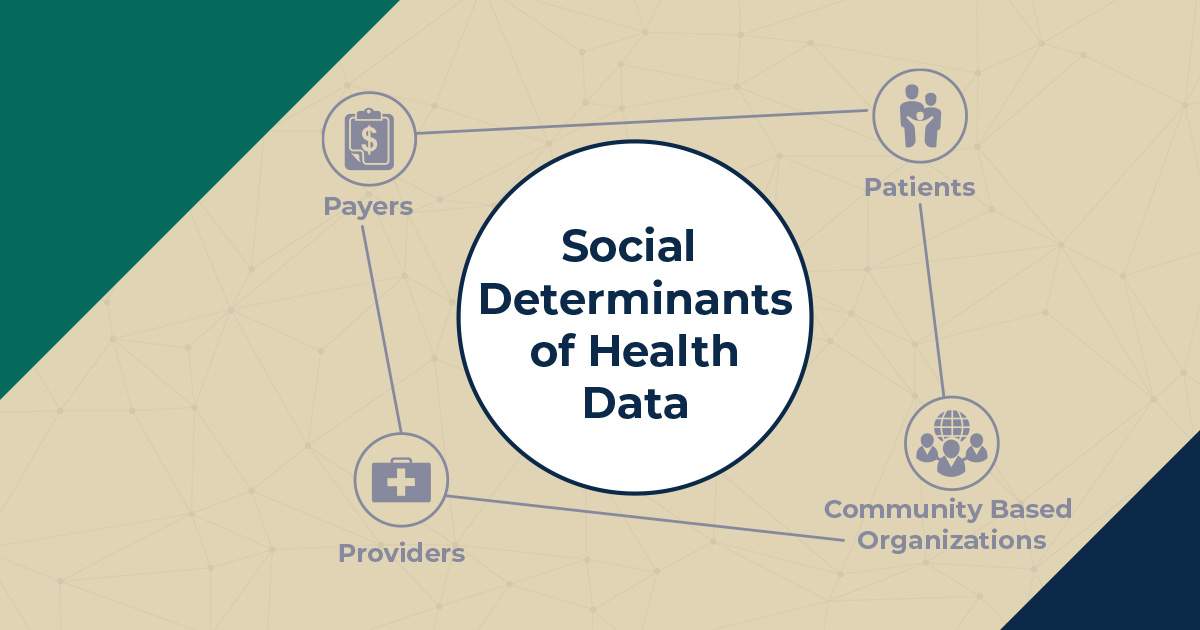Social determinants of health—the conditions in which people are born, grow, live, work, and age—have gained increasing interest among policymakers and practitioners as they struggle to improve the value and quality of U.S. health care. This interest is reflected in the growing adoption of payment models that encourage reduction in social risks, such as food insecurity and lack of affordable housing, that are closely linked with the health and well-being of adults and children. Increasingly, these risks are incorporated into the outcomes required for many health care providers to receive payment, such as hospital readmissions, control of chronic conditions, and health care costs.
Health care professionals have deep knowledge of medicine and health care, but they are rarely equipped to deliver necessary social services. This presents a challenge for the medical community in responding to calls to improve social determinants and intensifies the importance of cross-sector partnerships with community-based organizations that have a long history of addressing social risks. Many health care organizations are making sizable investments to establish such partnerships, create new infrastructures, and adjust the composition, training, and responsibilities of their staff. For example, the Center for Medicare & Medicaid Innovation launched a national Accountable Health Communities Model that promotes screening and referring of patients to community services, and many private insurers, such as Humana, have launched similar programs for their members and regions. Some individual health care delivery organizations such as Montefiore are also pursuing locally controlled efforts.
At Mathematica, we believe that better quality and use of social determinants of health data will be a linchpin to meeting the promise of these initiatives. We also know that the time for progress is now and that the work ahead is considerable. An unprecedented influx of funds for improving social determinants of health has opened a critical window of opportunity to create lasting change. There are already vast differences in how social determinants of health data are collected and used, with widespread duplication of effort and other inefficiencies that reduce the value of investments in these data. Moreover, complex barriers persist in driving these differences, including a lack of interoperability among data systems and major inconsistencies in how data elements are organized and defined.
Over the coming weeks, our data and policy experts will be rolling out a series of blog posts on how different stakeholders can improve and leverage social determinants of health data to maximize the health and well-being of children and adults in the United States. Many of these data already inform the delivery of social services and government planning, but the recent application of data to health care requires new considerations. The posts will draw from Mathematica’s experience tackling urgent societal challenges, including our in-depth knowledge of the data and analytic systems in the health and social services sectors that are involved in current efforts to address social determinants of health.
We hope this blog series will inspire conversation and action. To share your reactions or other ideas, tweet us @MathematicaNow, or connect with us on Facebook and LinkedIn.
Read other posts in this series:
- Lost in Translation: The Importance of Social Determinants of Health Data from the Patient Perspective
- The Power of a Data-Informed Partnership: Working with Community-Based Organizations to Address Social Determinants of Health
- Prescribing Social Services: Leveraging Data to Diagnose and Treat the Social Determinants That Affect Health
- In Pursuit of Value: How Payers Can Leverage Social Determinants of Health Data to Improve Outcomes




